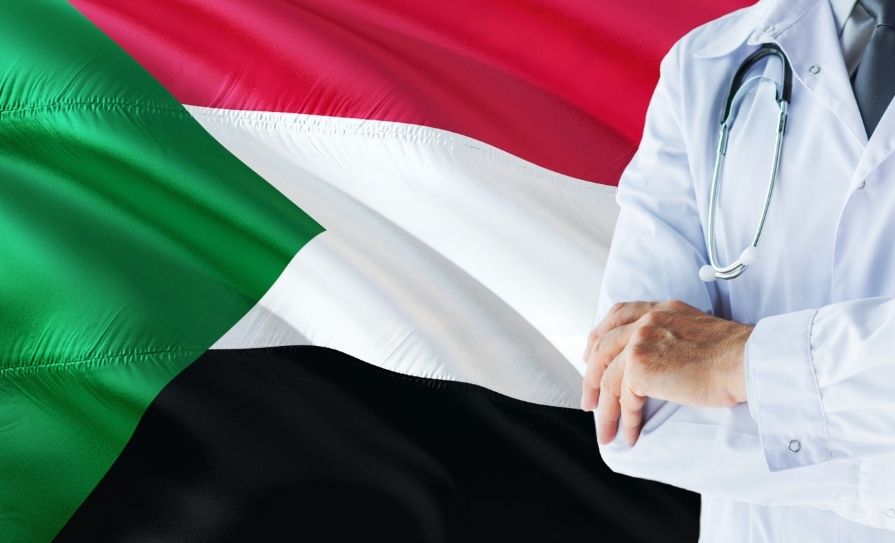On World Obesity Day, a leading bariatric surgeon has called on the Department of Health and the HSE to commit increased resources to tackling obesity.
Dr John Conneely, a consultant surgeon at the Mater Private Network, specialising in weight loss management and bariatric surgery, warned that Covid-19 is likely to increase the incidence of obesity in Ireland. Dr Conneely has urged the Department of Health and HSE to urgently address the challenges which patients suffering from obesity experience when trying to access weight loss or management services.
Over 60 per cent of Ireland’s adult population is overweight, with 23 per cent classified as obese.
For those living with chronic obesity, surgical interventions such as bariatric surgery have been shown to be an effective option.
This minimally invasive weight loss surgery is recommended if non-surgical approaches have not worked and if the patient meets certain criteria including having a Body Mass Index (BMI) of greater than 40, or a BMI of 35 to 40 and any of a list of associated conditions such as Type 2 diabetes.
Bariatric surgery can significantly improve a number of serious health conditions and diseases, such as Type 2 diabetes, high blood pressure, infertility, cardiovascular disease, asthma or sleep-apnea. Research published last year[i] also found that bariatric surgery can free 67 per cent of patients with Type 2 diabetes from the use of insulin. The research also found that this surgery is more effective and cheaper than medical therapy for diabetes.
Notwithstanding, pre-Covid-19, Ireland had the lowest numbers of bariatric surgeries in the developed world, performing less than one surgery per 100,000 people per year, whereas international norms are about 1,000 per 100,000 annually.
During Covid-19, with the cancellation of many surgical procedures, bariatric surgery for complex obesity is likely to have reduced further, something which the HSE has itself acknowledged.
Covid-19 itself, can present significant challenges for those suffering from obesity and has been linked to a higher hospital admission rates and poorer outcomes for those who become infected by the virus.
Commenting on World Obesity Day, Dr Conneely noted: “Patients suffering from obesity have long struggled to access health services to help them lose or maintain weight loss but the interruptions to health services during Covid-19 has made an already poor situation much, much worse.
“For many people who are suffering from obesity, the stress, uncertainty, and repeated lockdowns have exacerbated their condition, similarly to all those with chronic conditions.
“For those with chronic obesity waiting for bariatric surgery, waiting lists have grown and their condition has worsened.
“We have incontrovertible evidence from global experience that bariatric surgery can be transformative for patients and prevent or reduce the incidence of other conditions such as diabetes or heart disease, making them also more cost effective for our health services.
“As we begin to emerge from Covid-19 our health services now must plan and adequately resource the services patients suffering from obesity need to quickly access supports to achieve and maintain a healthy weight.”












Leave a Reply
You must be logged in to post a comment.